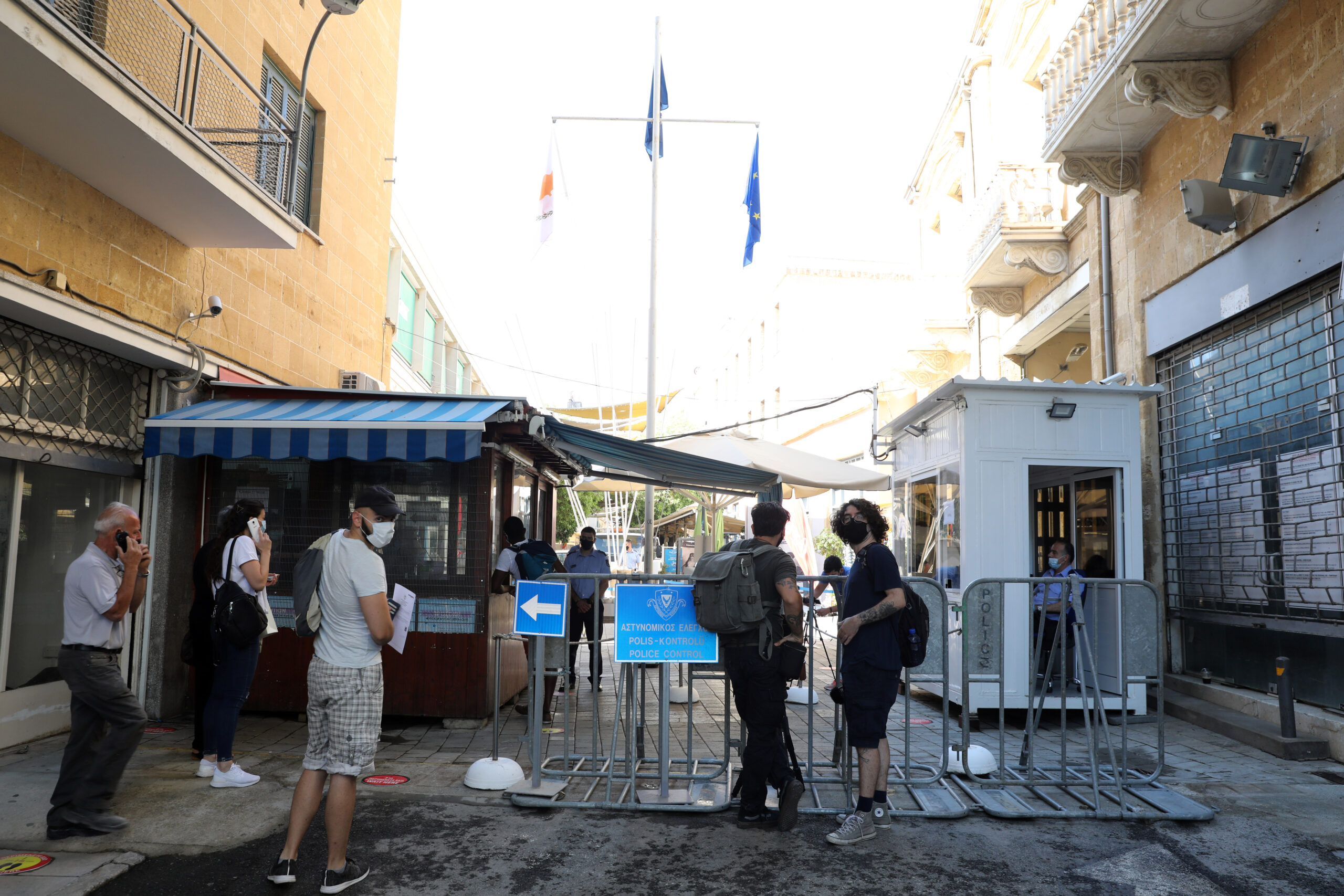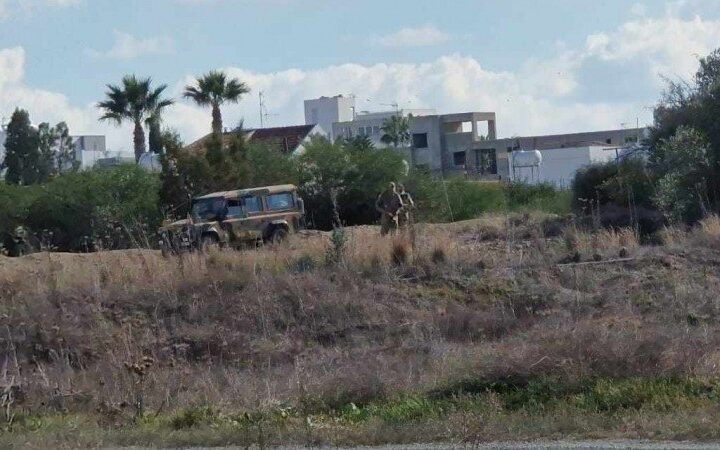There is a protracted impasse on the Cyprus problem. As a result, we are faced with the worst situation since the invasion, one step before partition.
Many of our compatriots are tired of the Cyprus problem.
They feel they have other priorities that demand their concern: rising prices, increasing unemployment, and the quality of our education and healthcare.
There are scores of issues that affect our daily life. Nonetheless, the solution to the Cyprus problem defines the framework and the stability within which long-term and effective policies can be built.
To cite two examples: the effective utilisation of the hydrocarbons and promoting investments for a whole and green Cyprus.
The solution to the Cyprus problem is fundamental for our children’s future and ours.
We do not want any solution for the sake of a solution.
But a solution with respect for human rights and one that is governed by the principles of the European Union and is in line with UN resolutions.
The reality is that five years after the collapse of the talks in Crans-Montana, we are at risk of coming face to face with partition.
Those responsible for the dire predicament the Cyprus problem finds itself are: first and foremost, Turkey, which has turned to a two-state solution by backing Ersin Tatar (Turkish Cypriot leader), and secondly, President Nicos Anastasiades and his two closest associates in the handling the Cyprus problem, Nikos Christodoulides and Andreas Mavroyiannis, who allowed the UN framework of 30 June 2017 to be sidelined.
Christodoulides has stated, “in Crans-Montana, we were 5 minutes away from the solution,” and Andreas Mavroyiannis said, “we had reached the eleventh hour before the solution.”
Today we are “minutes away from partition.” Who is responsible for this?
The then-Foreign Minister and the Negotiator were not simple employees or mere assistants to the President.
They were among those who helped shape a course of action that led us to the present situation.
Were they not aware that Anastasiades, instead of discussing the UN Framework, was talking behind closed doors (including with Turkish Foreign Minister Mevlut Cavusoglu) about a two-state solution and then had a “brain-storming” in Nicosia?
They should have said so if they disagreed, at least in public.
Claiming five years later that you supposedly disagreed means absolutely nothing.
Intentions do not count, nor do belated excuses, for that matter. The results count, and Cyprus, heading towards partition, is paying the price.
Varosha has opened for settlement, and the Cyprus problem as a pending issue is not on the agenda of any international fora.
The situation is extremely difficult.
The danger of consolidating the Turkish invasion’s fait accompli is becoming increasingly visible.
I call on everyone not to reconcile themselves with partition or accept our country’s division.
I welcome the stance taken by Greek Prime Minister Kyriakos Mitsotakis in his address before the US Congress, in which he made it abundantly clear that we do not accept a two-state solution.
However, I will not simply linger on the above observations.
I propose feasible actions! Utilise the two keys we have: “energy policy” and “EU-Turkey relations”.
It is important to manage the issue of hydrocarbons as an incentive toward the resumption of negotiations, a proposal put forward by AKEL in 2020.
This proposal is now even more timely following Russia’s invasion of Ukraine. Today energy matters are becoming increasingly urgent.
The second key relates to EU-Turkey relations.
The EU-Turkey “Positive Agenda” passes through the solution of the Cyprus problem, which is a European problem.
Progress in Turkey’s relations with the EU must be linked to prior progress in the substance of the Cyprus problem.
This is an important lever on the part of the EU to have communication corridors and influence Ankara.
These are opportunities, and it is our duty to direct them towards a resolution.
We can change things and build a Cyprus we are all proud of through our efforts.
We cannot leave the Cyprus problem unresolved as a legacy to our children because Cyprus deserves better.
By Achilleas Demetriades










